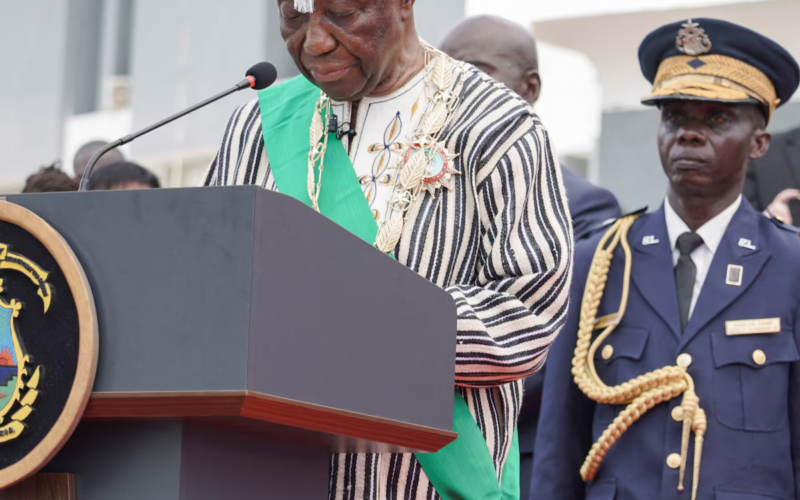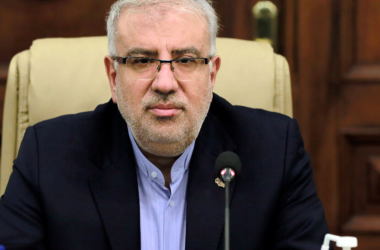Liberian President Joseph Boakai has announced a significant reduction in his annual salary by 40%, aiming to set an example for fiscal responsibility amid economic challenges facing the West African nation.
In a move to address economic concerns and rising public discontent, Liberian President Joseph Boakai declared on Monday that he will reduce his annual salary by 40%. This cut reduces his earnings from $13,400 to $8,000. The decision is part of Boakai’s broader initiative to promote “responsible governance” and demonstrate “solidarity” with the citizens of Liberia, where approximately 20% of the population lives on less than $2 a day.
The presidential office issued a statement emphasizing that the salary cut is intended to set a precedent for fiscal prudence within the government. “We are committed to showing solidarity with the Liberian people and advocating for responsible governance,” the statement read.
Public and Expert Reactions
The public reaction to Boakai’s announcement has been mixed. Some citizens and advocacy groups have welcomed the gesture, viewing it as a positive step toward addressing government expenditure concerns. Anderson D Miamen, from the Centre of Transparency and Accountability in Liberia, described the move as “welcoming” and expressed hope that the public would see tangible benefits from the deductions.
W Lawrence Yealue II, a campaigner for government transparency, commended the decision as “very commendable,” underscoring the need for leadership to initiate reforms from the top. He also suggested that a review of the president’s benefits in the next financial year would be prudent to ensure comprehensive fiscal accountability.
Historical Context and Broader Implications
President Boakai’s salary reduction follows in the footsteps of his predecessor, George Weah, who implemented a 25% cut in his salary during his tenure. Despite the cuts, the budget for the presidential office remains substantial at nearly $3 million for the current year.
Since assuming office in January after a victory over Weah in a run-off election, Boakai has focused on tackling corruption and financial mismanagement. His administration has initiated an audit of the presidential office and pledged to strengthen institutions such as the General Auditing Commission and the Liberia Anti-Corruption Commission.
Boakai’s approach contrasts with the previous administration, which faced allegations of corruption and excessive spending, leading to widespread protests over the rising cost of living.
Future Outlook
In addition to his salary cut, President Boakai has vowed to empower Liberia’s Civil Service Agency to ensure fair compensation for public servants. This pledge comes amid reports of lawmakers protesting a lack of official vehicles by arriving at parliament in tuk-tuks, reflecting ongoing frustrations within the government.
The success of Boakai’s initiatives will likely hinge on transparent implementation and the ability to deliver tangible improvements in governance and public welfare. The forthcoming audit results and budget reviews will be crucial in determining the impact of these measures on Liberia’s political and economic landscape.








